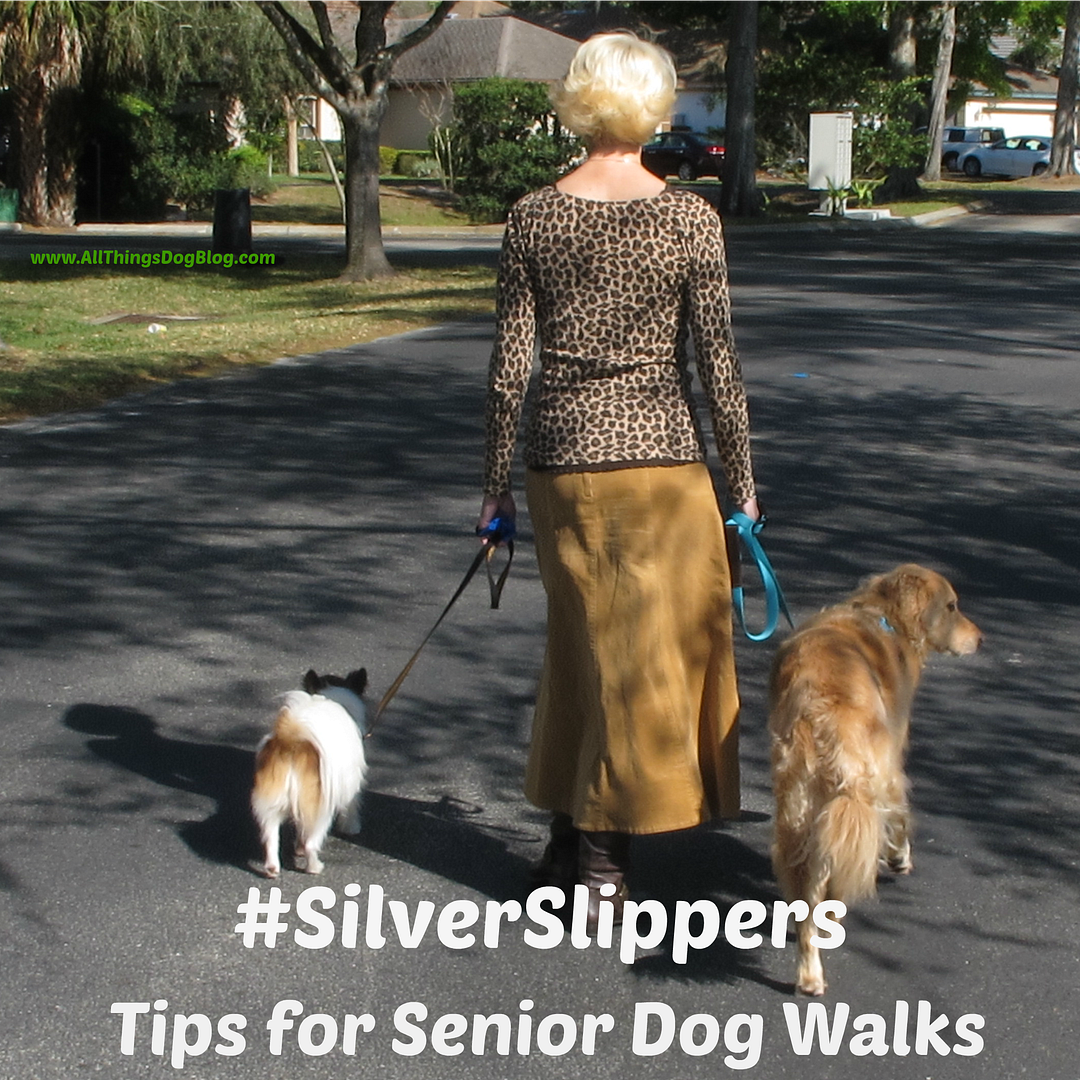 |
| © courtesy Warchild via Flickr.com |
Hi Dr. Mark,
I have an eight year old Tibetan Terrier that has diabetes and cataracts. I inject him twice a day with 26m of insulin. I also walk him at least three times a day.
He has recently been covered in a rash, which he constantly scratches, causing it to bleed. The vet gave us cream to put on and a special shampoo to bathe him with. He has been on Piriton (for allergy) and a prolonged course of antibiotics (20 days), but to date the problem still exists. What else can we do?
Many thanks, Mr G. Alland
--------------------------------------------------------------------
Hello Mr. Alland,
Diabetes can be a difficult disease to manage, both the primary issue and all of the secondary issues that can arise because of it. If your dog has allergies (it's called Atopy in pets) along with diabetes, you are in between a rock and a hard place. Nothing works better for resolving the discomfort associated with allergies than our good buddy Prednisone. The flip side of this particular coin is that Pred will wreak havoc on his diabetes. Fortunately there are options.
The best option is to have him tested for allergies (assuming it is not a food allergy) and start him on allergy shots (immunotherapy). Skin testing is the gold standard of allergy testing, but is not often done due to expense, the need for shaving large areas of fur, and the need for sedation or general anesthesia. Blood tests are the next best option and they are getting much more accurate. I use Veterinary Allergy Reference Laboratory, Liquid Gold and get great results. The goal of immunotherapy is to decrease the amount of medications needed to control your dog's symptoms. It will not cure his allergies, but should decrease the frequency and severity of symptoms.
Diabetes can be a difficult disease to manage, both the primary issue and all of the secondary issues that can arise because of it. If your dog has allergies (it's called Atopy in pets) along with diabetes, you are in between a rock and a hard place. Nothing works better for resolving the discomfort associated with allergies than our good buddy Prednisone. The flip side of this particular coin is that Pred will wreak havoc on his diabetes. Fortunately there are options.
The best option is to have him tested for allergies (assuming it is not a food allergy) and start him on allergy shots (immunotherapy). Skin testing is the gold standard of allergy testing, but is not often done due to expense, the need for shaving large areas of fur, and the need for sedation or general anesthesia. Blood tests are the next best option and they are getting much more accurate. I use Veterinary Allergy Reference Laboratory, Liquid Gold and get great results. The goal of immunotherapy is to decrease the amount of medications needed to control your dog's symptoms. It will not cure his allergies, but should decrease the frequency and severity of symptoms.
Other medications and nutriceuticals that can help include Atopica, Claritin, Zyrtec, Hydroxyzine, Benadryl, and Welactin. Atopica is an immunosuppressant (this is how Pred works) that can help. It does not affect diabetes the same way that Pred does and does not have the other side effects that long term Pred use has. It is best used with antibiotics (in the beginning) and then can be tapered to the lowest effective dose. Occasionally Ketoconazole is used in conjunction with it because it increases the effect of Atopica.
Claritin, Zyrtec, Hydroxyzine, and Benadryl are all anti-histamines and are much more effective that Piriton. Anti-histamines in general give variable results and need to be used at high doses.
Welactin is a fish oil supplement for dogs and cats. It is far superior to most fish oil supplements that are on the market. Many of them do not have a high bio-availability, Welactin does. If you choose to use another form, you may need to triple, or at the very least double the recommended dose.
Shampoos are another VERY important component of treatment. Up until recently, it was believed that the primary way of allergen exposure was via inhalation. We now know that contact with the skin plays a much larger role. Oatmeal based shampoos are fine for maintenance, but medicated shampoos are often needed. Ketochlor is my favorite anti-microbial shampoo. It covers both bacteria and yeast. Shampoos that contain cortisone can also help control itching. Depending on who you ask, some people feel the cortisone may be absorbed through the skin, so use with caution in your case. Epi-Soothe is my favorite shampoo of this class. Epi-Soothe also comes in a cream rinse that can be left on, or rinsed off.
Shampoos are another VERY important component of treatment. Up until recently, it was believed that the primary way of allergen exposure was via inhalation. We now know that contact with the skin plays a much larger role. Oatmeal based shampoos are fine for maintenance, but medicated shampoos are often needed. Ketochlor is my favorite anti-microbial shampoo. It covers both bacteria and yeast. Shampoos that contain cortisone can also help control itching. Depending on who you ask, some people feel the cortisone may be absorbed through the skin, so use with caution in your case. Epi-Soothe is my favorite shampoo of this class. Epi-Soothe also comes in a cream rinse that can be left on, or rinsed off.
Food allergies can ONLY be diagnosed with a food trial. The best diet for this purpose is Hill's Z/D Ultra (find online here), but there are many others that fit the bill. In order to do this properly, your dog cannot have anything other than the special diet to eat for at least 3 months. At the end of the 3 month period an assessment is made on how well he did. If there was complete resolution, we have our diagnosis. If there was improvement, but not complete resolution, he may have environmental allergies (atopy) along with food allergies and he should be tested, and if there was no improvement, it's not a food allergy.
I hope I have shed some light on this for you and have given you new options to try. I tell all of my clients who have pets with allergies that allergies are 2 things, expensive and frustrating. It cannot be cured, only managed in different ways. Best of luck to you :-)
I hope I have shed some light on this for you and have given you new options to try. I tell all of my clients who have pets with allergies that allergies are 2 things, expensive and frustrating. It cannot be cured, only managed in different ways. Best of luck to you :-)
Dr. Mark
Dr. Nunez is a practicing veterinarian while also assisting patients through The Balanced Canine blog and his own online veterinary pharmacy. Have a question for Dr. Mark? Send it to AllThingsDogBlog@gmail.com. You can also follow Mark on Twitter.










































0 comments:
Post a Comment